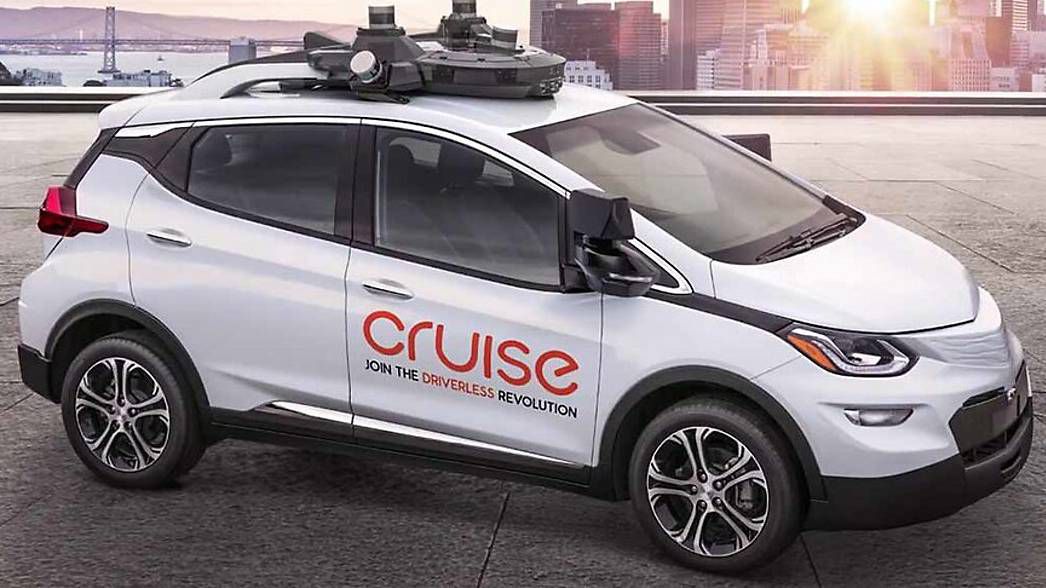SACRAMENTO, Calif. — As the automotive industry slowly rolls toward a future that is fully electric and self driving, California took a step this week to ensure that the two technologies go hand in hand. On Thursday, California Gov. Gavin Newsom signed SB 500, requiring that all new light-duty, self-driving vehicles be zero emissions starting in 2030.
Self-driving cars hold the potential to make driving safer, less expensive and more convenient, but research from the Union of Concerned Scientists has also shown they are likely to result in more vehicle miles traveled, generating even more greenhouse gas emissions than human-powered vehicles.
Already, transportation accounts for 40% of the state’s climate-changing emissions.
“SB 500 is a smart policy to ensure that driverless vehicles don’t contribute to the problem,” said Union of Concerned Scientists senior transportation analyst Elizabeth Irvin. The Union of Concerned Scientists is part of an Emission Zero Coalition that includes the autonomous vehicle companies Cruise and Nuro, the California Association of Electrical Workers and the Coalition of California Utility Employees, all of which supported the legislation.
As of Aug. 25, the California Department of Motor Vehicles had permitted 53 companies to test autonomous vehicles with a human safety driver. Eight of those companies are also allowed to test their vehicles without a human behind the wheel. Collectively, they traveled 2 million miles on California’s public roads last year.
“We feel all AVs must be EVs,” said Prashanthi Raman, head of global government affairs for General Motors’ autonomous vehicle subsidiary Cruise.
Cruise currently operates about 200 self-driving all-electric Chevy Bolts in San Francisco. It is the first self-driving program to be powered with 100% renewable energy through a farm-to-fleet initiative that purchases solar power generated from family-owned farms in California’s Central Valley.
General Motors has committed to phasing out gas-powered vehicles by 2035.
“The reality is that the planet is running out of time for the AV industry to get on board,” Raman said. “If we’re supposed to be the future of transportation, we need to build a sustainable future.”



